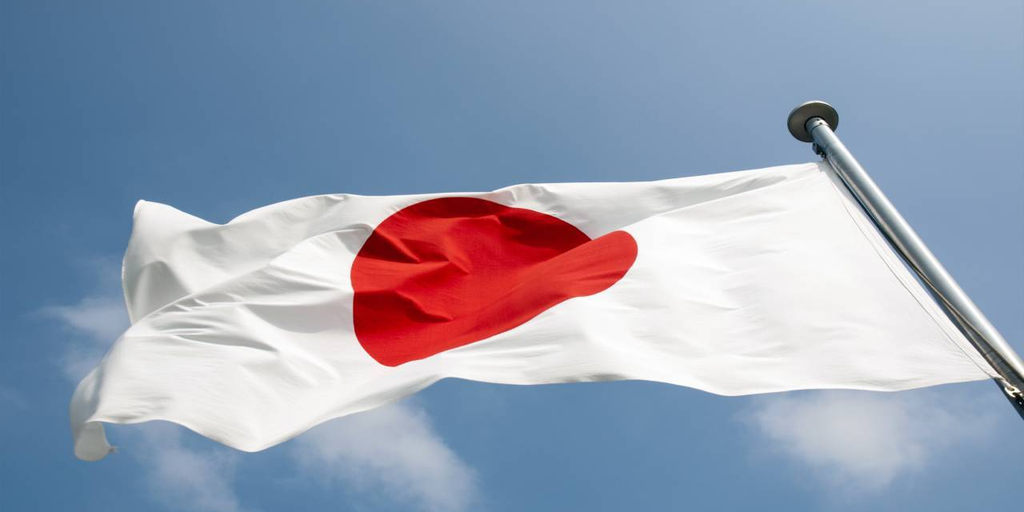Japan Considers Legal Recognition of Crypto Assets, New Report Reveals
The landscape of cryptocurrency is ever-evolving, and Japan is at the forefront of this transformation. As the country explores the possibility of granting legal recognition to crypto assets, it signals a significant shift in the regulatory approach towards digital currencies. This potential move could not only influence the domestic market but also set a precedent for other nations navigating the complexities of cryptocurrency legislation.
The Current State of Cryptocurrency in Japan
Japan has long been a pioneer in the cryptocurrency space. Following the infamous Mt. Gox incident in 2014, where a leading exchange was hacked, the country took substantial steps to regulate the industry. The Financial Services Agency (FSA) was established to oversee cryptocurrency exchanges and ensure consumer protection while fostering innovation.
Despite these efforts, the nature of cryptocurrencies remains a contentious topic. Currently, cryptocurrencies are classified as digital assets, which means they do not have the same legal status as traditional currencies. However, with rising interest and adoption among the general public and businesses, the need for a clearer regulatory framework has become increasingly urgent.
Potential Benefits of Legal Recognition
The legal recognition of crypto assets by the Japanese government could bring numerous benefits, including:
- Enhanced Consumer Protection: A formal legal status would help establish guidelines that protect consumers from fraud and other risks associated with digital assets.
- Increased Market Stability: Legal acknowledgment can lead to improved market confidence, attracting more investors and businesses to engage with cryptocurrencies.
- Encouragement of Innovation: A clear regulatory framework can foster innovation, enabling startups and established businesses to develop new products and services.
- International Leadership: By adopting progressive regulations, Japan can solidify its position as a leader in the global cryptocurrency market.
Challenges Ahead
While the potential for legal recognition is promising, Japan faces several challenges in this endeavor:
- Regulatory Complexity: The diverse nature of cryptocurrencies makes it challenging to create a one-size-fits-all regulatory framework. Each type of digital asset may require different regulations.
- Global Coordination: Cryptocurrencies operate on a global scale, and Japan’s regulations must align with international standards to avoid conflicts.
- Public Understanding: Educating the public about cryptocurrencies and their implications will be crucial for the successful implementation of any new regulations.
Global Implications of Japan’s Decision
If Japan moves forward with legal recognition of crypto assets, it could have far-reaching effects beyond its borders. Other countries watching Japan’s approach may feel encouraged to adopt similar regulations. As nations grapple with how to manage the rise of digital currencies, Japan’s leadership could serve as a valuable model.
Moreover, the recognition of cryptocurrencies could also impact the relationships between various stakeholders within the industry. For instance, exchanges, traders, and institutional investors could benefit from clearer guidelines that promote fair competition and reduce the risks associated with operating in a gray regulatory area.
Conclusion
Japan’s contemplation of granting legal status to crypto assets marks a pivotal moment in the journey toward a more structured cryptocurrency landscape. With the potential to enhance consumer protection, encourage innovation, and establish international leadership, the implications of this decision could be profound. However, the path to legal recognition is fraught with challenges that must be navigated with care.
As we await further developments, it is crucial for stakeholders within the crypto ecosystem to engage in constructive dialogue with regulatory bodies. By fostering collaboration and understanding, Japan can ensure that its approach to cryptocurrency not only protects its citizens but also promotes a thriving digital economy.
Ultimately, the outcome of Japan’s deliberations could very well shape the future of cryptocurrency regulation worldwide, leading to a more secure and vibrant market for all participants.






